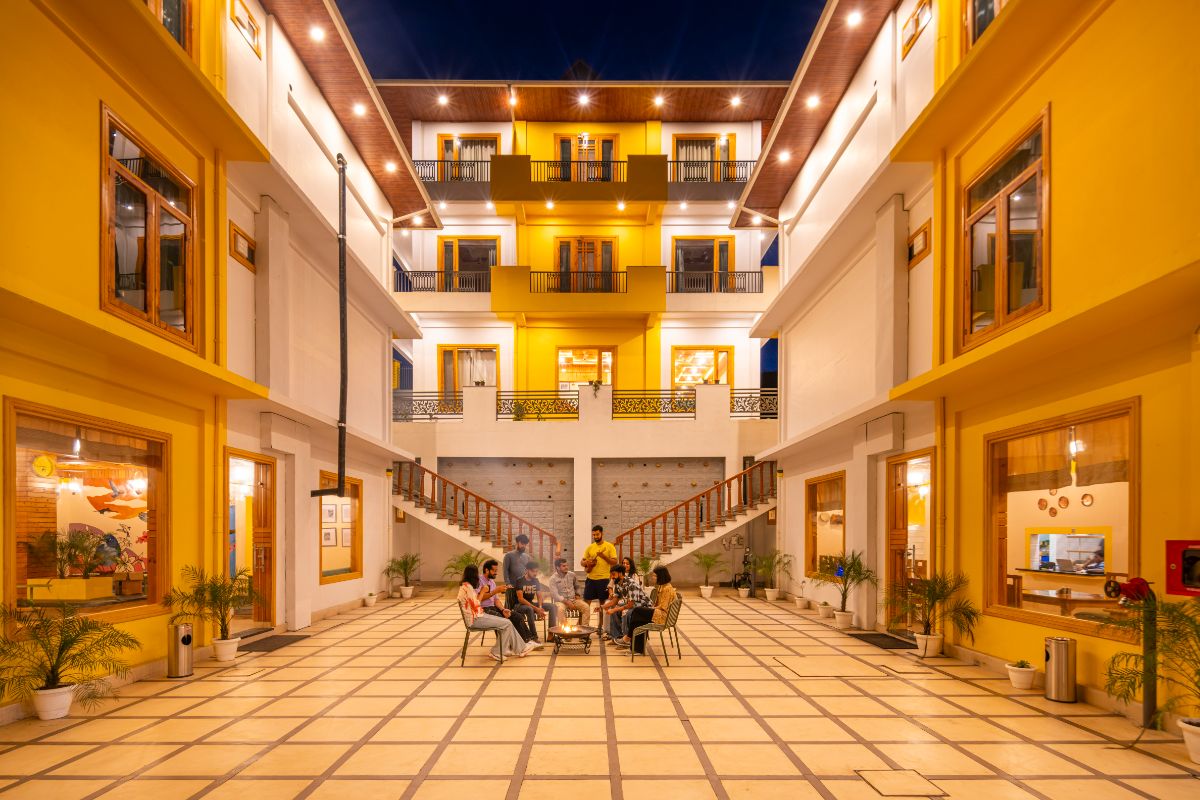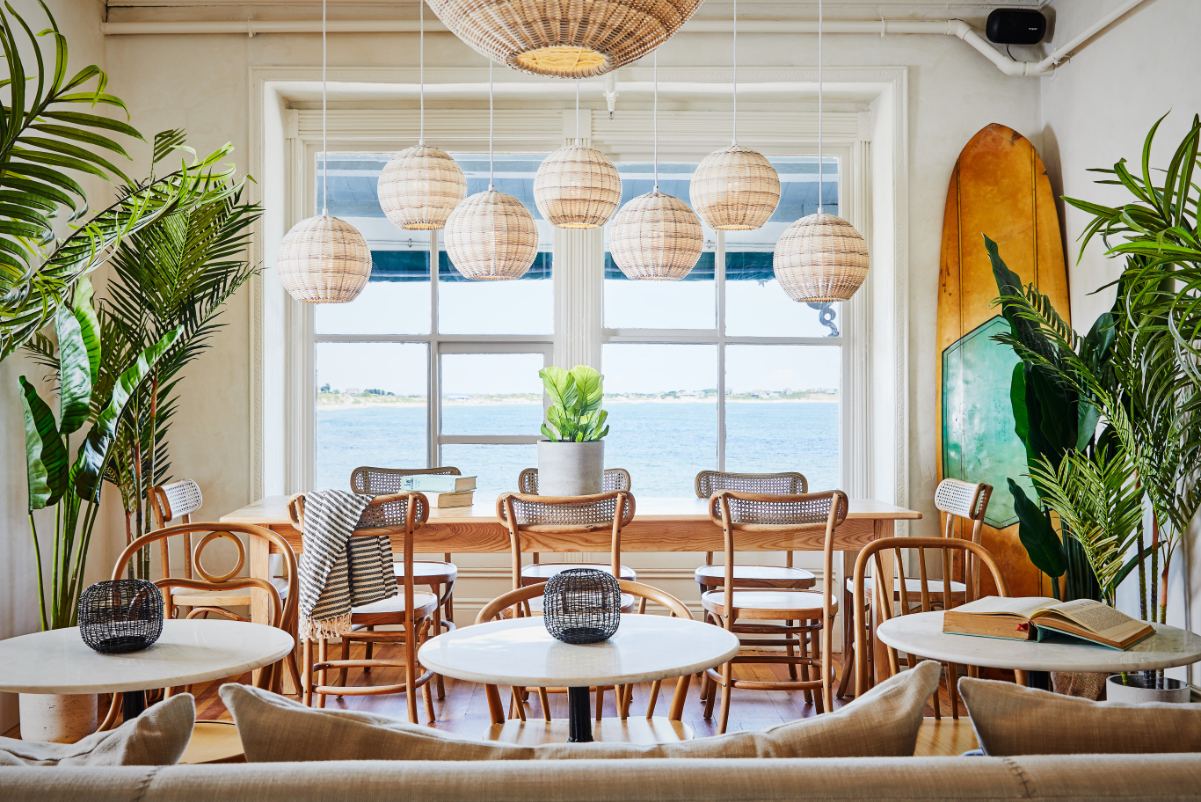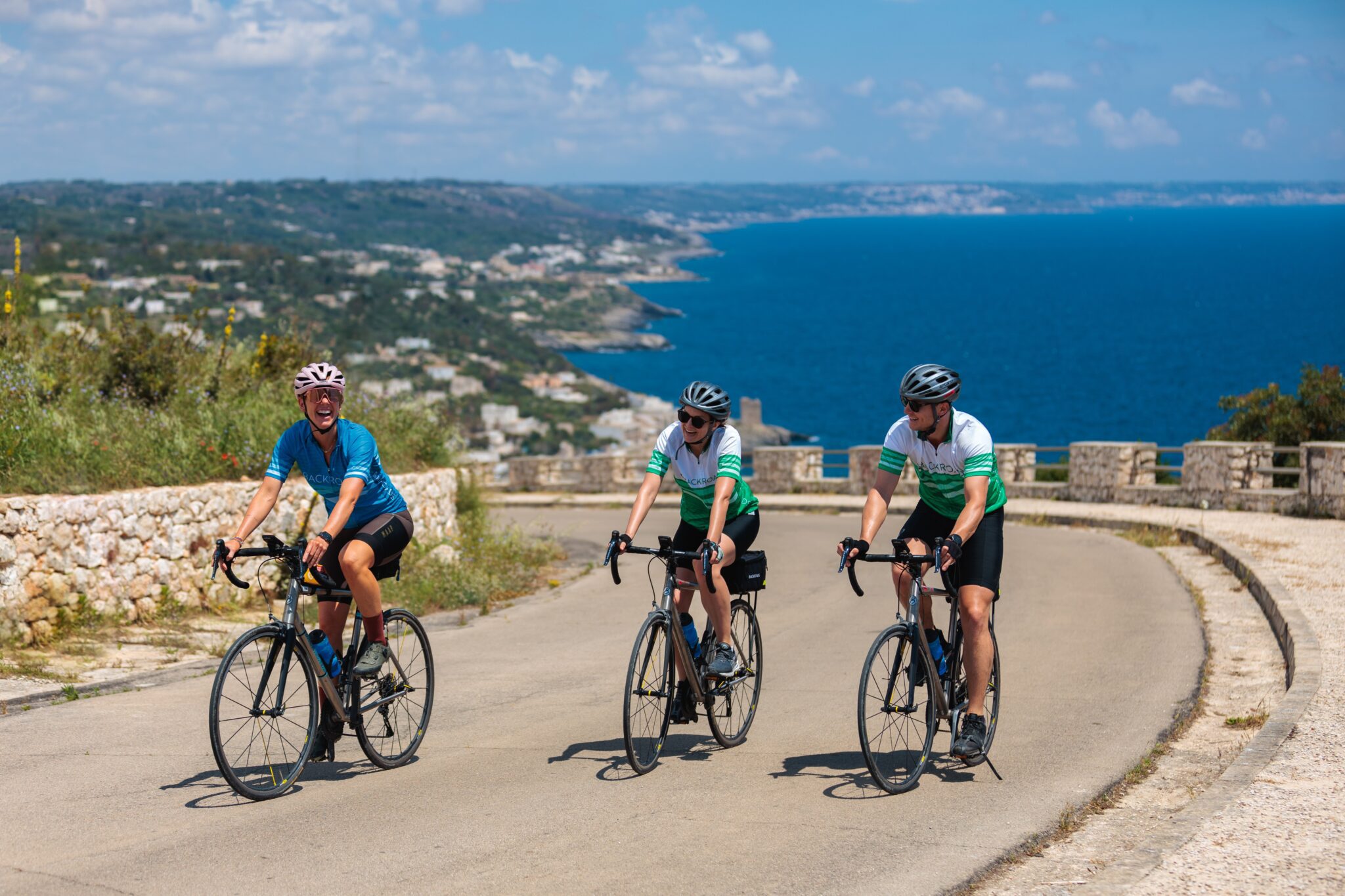Latin America Shakes Up Global Aviation 
Skift Take

Skift Daily Briefing Podcast
Listen to the day’s top travel stories in under four minutes every weekday.Presented by Criteo.
Good morning from Skift. It’s Monday, November 7. Here’s what you need to know about the business of travel today.
Listen Now
🎧 Subscribe
Apple Podcasts | Spotify | Overcast | Google Podcasts
Episode Notes
Airlines in Latin America were struggling heavily before the pandemic. The industry had racked up a combined $2.2 billion in losses from 2015 through 2019. Then when the pandemic hit and revenues dried up because there were more cancellations than new reservations, the cash crunch crisis proved the breaking point for many carriers that would eventually file for bankruptcy.
Fast forward to today and Latin America is emerging as the most dynamic region in the global airline industry, a market through history that has been subject to the varying political and economic instabilities from country to country, writes Edward Russell, editor of Airline Weekly, a Skift brand, in his new Deep Dive story.
Today billions of dollars in fresh investment, including from a slew of new investors, is pouring in. Consolidation is rife. All of this change is creating very real, and new, opportunities for budget airlines and startups alike. The endgame from all this disruption is still unclear, of course, but make no mistake: Latin America is captivating the attention of aviation around the world, Russell concludes.
We turn next to so-called ESG. Many hotel companies pledge to do better on environmental, social, and governance goals. Skift found a few brands whose work on the “E” in ESG deserves an A grade in the eyes of many social media users.
From reinvigorating the site of a former mine to protecting sea turtles and their habitats, several hotel companies are supporting environmental efforts that deliver a bonus — namely, ideal content for social media engagement, writes contributor Carley Thornell.
Hoteliers have recently shared on Instagram, TikTok, and other platforms content portraying verdant panoramas, cute animals, and adorable children immersing themselves in local activities. They said this experiential and sustainability content has been resonating on social media better than average as Thornell highlights through the work at The Datai Langkawi, Fairmont, and Banyan Tree hotels and resorts.
Finally, Airbnb said that the flexible search features it has rolled out since early 2021 have so far diverted bookings from destinations coping with overtourism and peak travel times, according to data it shared on Friday.
The short-term rental booking giant has increasingly offered search tools — see Skift’s earlier coverage: “Airbnb’s Next Big Change: Search” — in response to evidence that many people don’t have a destination or fixed dates in mind when they start researching trips.
Some of Airbnb’s new data points from its first white paper on sustainable tourism include that in 2019 the top 10 most-visited cities on Airbnb in the European Union — including Paris, Barcelona, and Rome — accounted for 20 percent of all trips in Europe, whereas they account for just 14 percent of trips in 2022.





